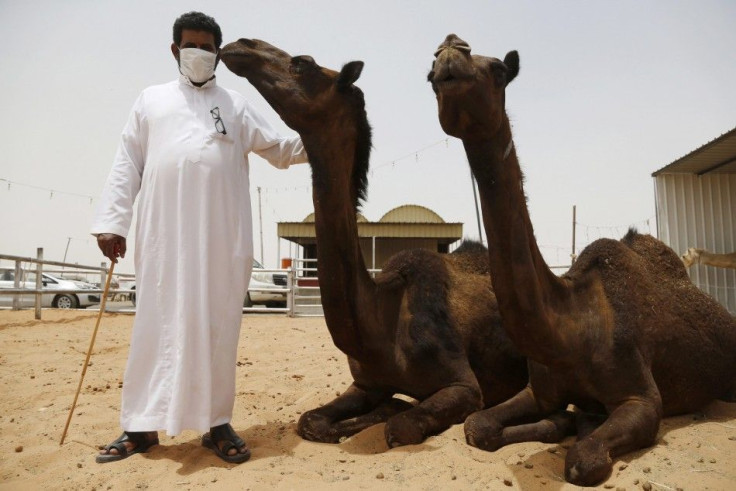MERS-CoV in Saudi Arabia: Infected Cases Continue to Rise, Experimental Vaccine Developed

Saudi Arabia has recently registered three new cases and three new deaths from the potentially fatal Middle East Respiratory Syndrome coronavirus (MERS-CoV) infection. To date, infected cases from the oil-rich kingdom has reached 483, of which 142 have died.
According to the Health Ministry, the three new cases were all women from Riyadh, two are receiving treatment at hospital while the third is in home isolation. The three new deaths were two females from Riyadh and a male from Jeddah.
Health experts warned residents, most especially those handling camels, should wear masks and gloves to prevent further spreading the virus.
"Exercise caution and follow preventive measures," the country's Ministry of Agriculture said, according to a report on the official Saudi Press Agency.
Read: | Islam Ramadan: Haj Seasons at Risk Due to Rising MERS Virus Cases in Saudi Arabia |
"It is advisable to wear protective gloves, especially when dealing with births or sick or dead (camels)," the ministry said.
It also recommended eating thoroughly cooked camel meat and boiling camel milk before drinking it.
Meanwhile, a report by the Saudi Gazette said an experimental vaccine against the MERS-CoV has been developed by a U.S. biotechnology firm and university researchers.
The Gazette said the platform for the experimental vaccine was based on a candidate believed to protect against the severe acute respiratory syndrome (SARS).
"You're blocking the attachment of the antibody to the human cell," the Gazette quoted Dr. Gregory Glenn, the senior vice president of research and development at Novavax.
"When you have an immune response to the virus, the virus is destroyed," Dr. Glenn added.
Read: Cure or Vaccine for MERS-CoV Virus May Already Be Near; Camels Found to Be Culprit Carriers of Disease
Biotechnology firm Novavax continues to evaluate the vaccine, Gale Smith, vice president of vaccine development, said.
"Novavax will continue to evaluate this technology to produce highly immunogenic nanoparticles for coronavirus, influenza, and other human disease pathogens with the potential for pandemic and sustained human to human transmission," Smith added.




















